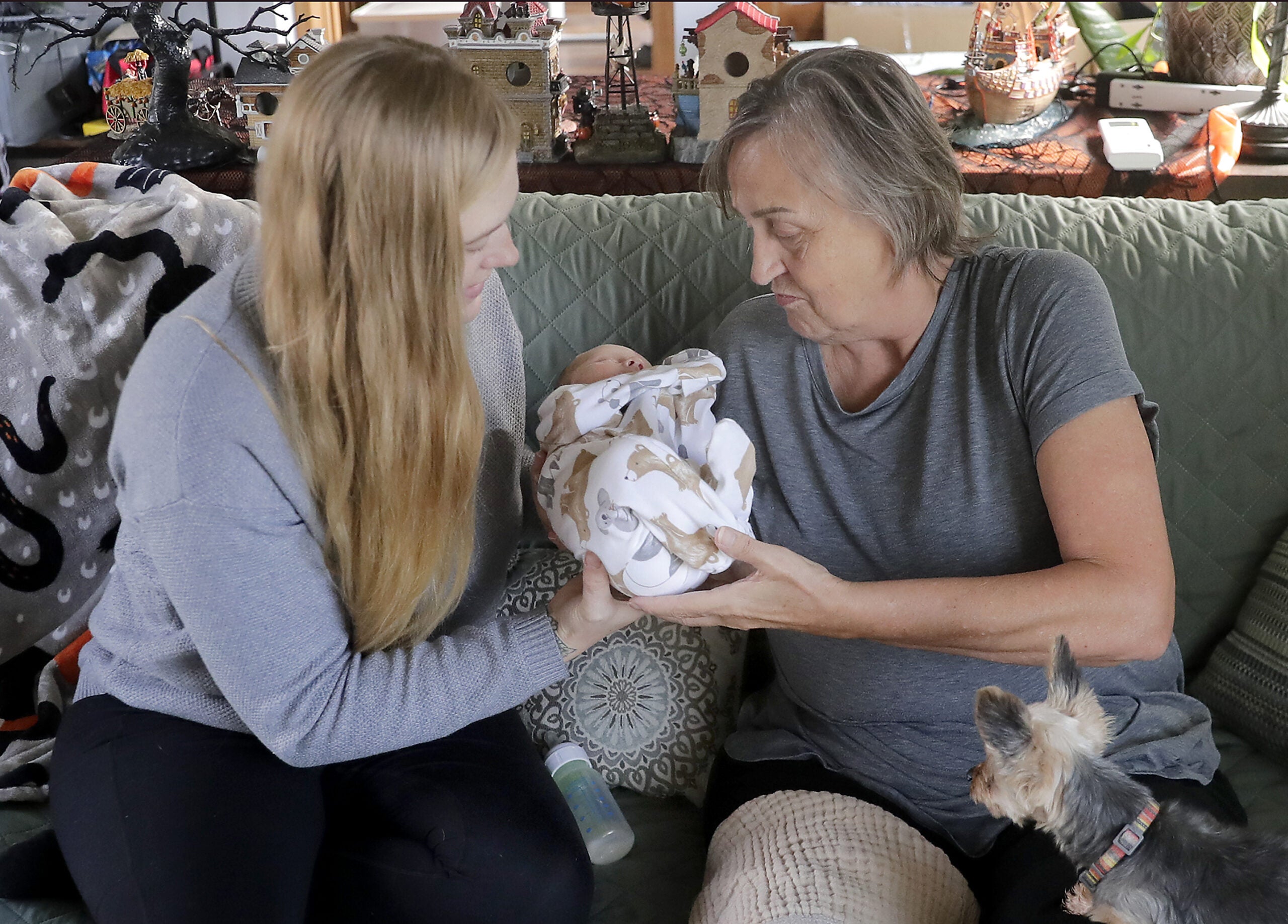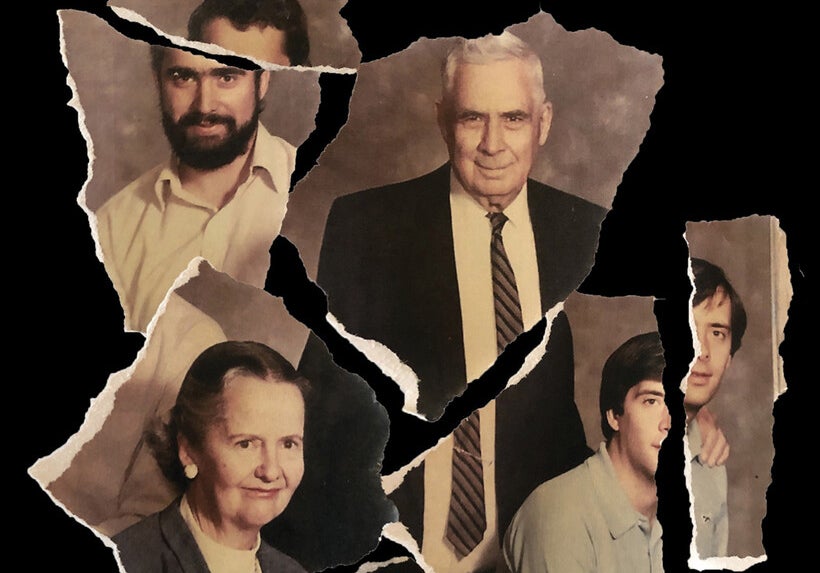The Trump administration is proposing to deport thousands of Vietnamese refugees who are undocumented or have been convicted of crimes. We examine the plan. Then, unemployment levels are at record lows, but 76 percent of Wisconsin business leaders report having trouble finding workers. We hear from a guest who says examining federal disability insurance could be a key factor in boosting labor participation. We also talk to the author of a new memoir about her experience of family estrangement.
Featured in this Show
-
Her Mother Was Emotionally Abusive For Years, So She Walked Away
When Harriet Brown decided to cut ties with her mother after years of emotional abuse, it was a huge relief.
“I didn’t even have a choice about it at that point, it was like everything in me, my body, my mind said, ‘I have to walk away,’” she said.
For years Brown thought she was alone in her experience of estrangement — that everyone else could make their relationships with family work. Not until she started researching and writing her new book, “Shadow Daughter: A Memoir of Estrangement” while teaching at Syracuse University did she realize the experience is much more common than people think.
“There’s a lot of stigma around family estrangement,” she said. “People don’t talk about it, but when I … started talking to people looking for stories, I couldn’t believe like pretty much everyone I talked to has had some experience of estrangement somewhere along the line.”
Many of those she spoke with said it saved their lives.
“That’s how I feel, too,” she said. “If I hadn’t taken the steps I did to cut ties with my mother in my case, I think my life would have gone downhill in a very different way.”
From a very early age, Brown never felt acknowledged by her mother, who was critical and would undercut her, she said. By the time she was a teenager, they fought constantly. For years after, they tried to forge a relationship.
There is little research into the topic, Brown said, but one thing that has come up is that often the person who chooses to walk away is very clear about why, whereas those on the other end, who didn’t make that decision, are left feeling unsure of what happened.
“It’s very hard to hear someone say that for many years you have made me feel like this or our relationship has been hard for me or toxic for me,” she said. “But listening to each other is the only way to sort of mend those relationships.”
But for Brown and her mother, it was a bad fit, she said.
She can’t speak for her mother, but the cost was too high for her. Trying to remain in touch caused so much anxiety, depression and panic attacks that eventually she had to walk away.
“When you’re a kid, you don’t know any better,” Brown said. “This is your family and you assume that whatever is happening in your family is normal.”
Not until she saw how her friends interacted with their families did she slowly start to realize that her experience wasn’t normal or healthy.
“Some people say … when I don’t feel happy, when I’m sad, upset, whatever, I call my mother and just the sound of her voice makes me feel better, and I realized I never had that feeling about my mother,” Brown said.
Walking away from a family member is incredibly difficult, she said, and on top of that, there’s a reluctance to talk about it.
“It was something I tried not to talk about for a long time,” Brown said.
“And that theme I heard from a lot of people, that you don’t want to admit that this relationship that’s supposed to be this primal and primary relationship isn’t working for you, there’s got to be something wrong with you if it’s not.”
Our culture is built on the nuclear family, Brown said. Evolutionarily we have survived and thrived as a species because of the nurturing that happens in families.
“When you are in an estrangement situation you’re going against biology, you’re going against the culture, you’re going against tradition and it’s very threatening for people,” she said. “There is a lot of judgment.”
Though Brown says attitudes are changing, in part because people look outside of their nuclear families for support more than they used to, she said.
“The important thing to remember is estrangement sometimes is a healthy option,” Brown said. “We think of it as a failure, but really what we should be thinking of is what promotes the best quality of life.”
-
Breaking Down Trump's Plan To Deport Vietnamese Refugees
The Trump administration is reinterpreting a 2008 agreement that protects Vietnamese refugees from deportation. We look at how the deal has traditionally been viewed, how the White House is approaching the matter and what it could mean for Vietnamese migrants.
-
Reform To SSDI Could Boost Workforce
We’re seeing record low unemployment rates in the state but yet many employers are facing constant challenges in trying to find enough employees. We hear from a guest who says the solution to this problem could lie in reform to our Social Security Disability Insurance programs and benefits. We find out more.
-
Making The Decision To Be Estranged From Family Members
Estrangements can happen for a variety of reasons, but are rarely the result of a single, dramatic event. People on either side of an estrangement can have very different interpretations of causes and fault. A writer shares her own estrangement from her mother, as well as research and interviews she’s done on the topic.
Episode Credits
- Rob Ferrett Host
- Derrell Connor Host
- Judith Siers-Poisson Producer
- Bill Martens Producer
- Natalie Guyette Producer
- Harriet Brown Guest
- Rick Su Guest
- Collin Roth Guest
Wisconsin Public Radio, © Copyright 2024, Board of Regents of the University of Wisconsin System and Wisconsin Educational Communications Board.





